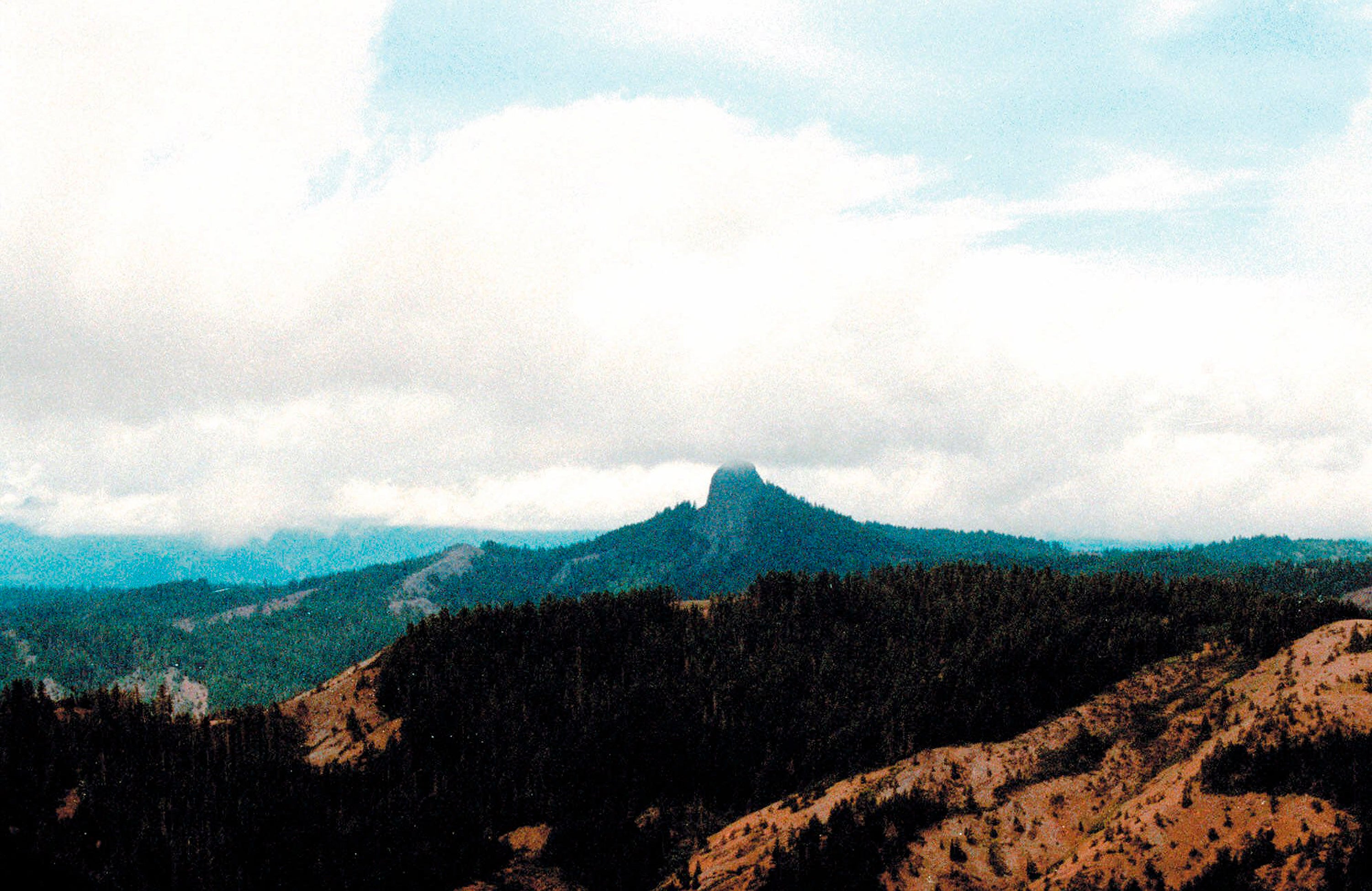National monument on California-Oregon border will remain intact after surviving legal challenge
The remote expanse of wilderness along the California-Oregon border that makes up the Cascade-Siskiyou National Monument will not lose any of its acreage after the U.S. Supreme Court declined to take up two challenges to its expansion

Your support helps us to tell the story
From reproductive rights to climate change to Big Tech, The Independent is on the ground when the story is developing. Whether it's investigating the financials of Elon Musk's pro-Trump PAC or producing our latest documentary, 'The A Word', which shines a light on the American women fighting for reproductive rights, we know how important it is to parse out the facts from the messaging.
At such a critical moment in US history, we need reporters on the ground. Your donation allows us to keep sending journalists to speak to both sides of the story.
The Independent is trusted by Americans across the entire political spectrum. And unlike many other quality news outlets, we choose not to lock Americans out of our reporting and analysis with paywalls. We believe quality journalism should be available to everyone, paid for by those who can afford it.
Your support makes all the difference.The Cascade-Siskiyou National Monument, a remote expanse of wilderness along the California-Oregon border, will not lose any of its acreage after the U.S. Supreme Court on Monday declined to take up two challenges to its expansion.
Logging interests and several counties in Oregon had asked the high court to strike down a 2017 addition to the monument. Their lawsuit claimed President Barack Obama improperly made the designation because Congress had previously set aside the land for timber harvests, the San Francisco Chronicle reported. By gaining monument status, the area won special protections, including a prohibition on logging.
The challenges to the expansion raised the additional, and broader, question of whether the president’s authority to create national monuments unilaterally under the Antiquities Act should be restricted, the Chronicle said. Critics of the 1906 law, who have commonly opposed bids for new designations, have argued it gives too much power to the executive branch. The Supreme Court decided not to address the issue.
“The monument and its expansion, it’s now the law of the land," said Kristen Boyles, an attorney for Earthjustice, which represented groups supporting the expansion of the Cascade-Siskiyou National Monument.
The Cascade-Siskiyou National Monument was created in 2000 to protect what is considered an ecologically valuable juncture of the ancient Siskiyou Mountains and the younger volcanic Cascades. The area, because of its diversity, contains a unique mix of plants and wildlife, from cactus to old-growth fir forests and desert snakes to salamanders. The monument was expanded by about 48,000 acres (19,400 hectares) seven years ago.
The now 114,000-acre (46,100-hectare) monument, while remote and less visited than other federal lands, is popular for fishing, hunting, hiking, skiing and snowmobiling.
While most of the monument is in Oregon, about 5,000 acres (2,000 hectares) reside in California, adjacent to the state’s Horseshoe Ranch Wildlife Area.
The petitions against the monument’s expansion were filed by the American Forest Resource Council, a trade group representing logging companies, alongside a coalition of Oregon counties and the Murphy Company, a timber supplier.
The Chronicle reported that they argued that the Antiquities Act couldn’t trump federal regulation to preserve timber harvests on Oregon and California Railroad Revested Lands, known as O&C Lands. The federal lands were originally devoted to building a railroad between San Francisco and Portland but were later conveyed back to the government with conditions.
At stake for logging companies with the monument designation was millions of board feet of timber that could be harvested there. The counties on O&C Lands stood to lose a cut of the revenue from timber sales.
“We’re disappointed the Supreme Court did not take this historic opportunity to provide balance to growing executive overreach on federal lands through the Antiquities Act, and legal clarity for our forests, communities and the people who steward them,” said Travis Joseph, president of the American Forest Resource Council, in a statement.
The challenges were previously denied in two separate appellate court rulings.